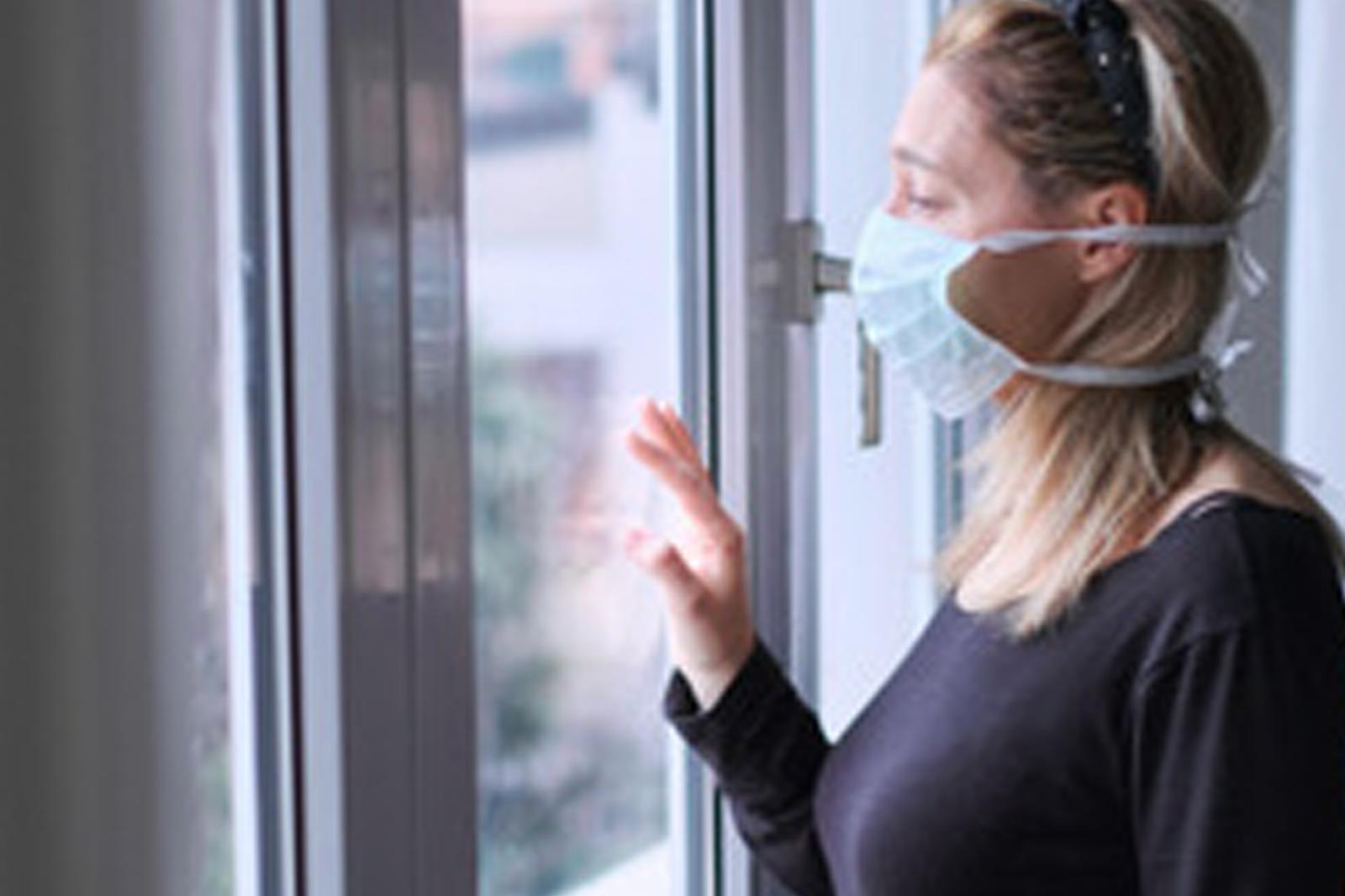Many health professionals view addiction as being "the disease of isolation." Because of the enforcement of social distancing across the country, COVID-19 could be a contender for that title.
Data shows that preventative measures—like wearing masks and maintaining a distance of six feet (social distancing) can minimize the spread of the virus. However, those conservative measures for protection have also proven to be a means of encouraging more social isolation than what is already experienced by those with alcohol and substance use disorder (SUD).
Isolation Caused by Addiction and Reinforced by the Coronavirus
In the earliest phases of the COVID-19 pandemic, executive orders for shelter-in-place, stay-at-home, quarantining, and social distancing reinforced isolation many people in addiction recovery may have already been experiencing. As the state of the pandemic has lessened in fear and uncertainty, even years later, COVID-19 may have increased the sense of isolation that is often experienced as a symptom of sobriety. The idea of staying home or isolating from other individuals and the rest of society can seem alienating and frightening to those in recovery from drugs and alcohol, especially if they are new to recovery.
The migration from physical engagement to virtual environments and telehealth brought about the psychological fallout of consequences that typically accompany separation and seclusion for people with social anxiety, depression, and regular bouts of loneliness—not to mention the onset of physical health issues such as Type 2 diabetes from limited physical activity. As Harvard health blog contributor Peter Grinspoon, MD, points out, "It is important to remember that experts distinguish between physical distancing and social distancing, and emphasize that we keep physical distance, but make extra efforts to maintain social bonds."
Staying Connected, Getting Help, and Living with the New Normal
Thankfully, the pandemic hasn't made treatments like alcohol detox and inpatient rehab impossible. Although it's still a challenge in new and restrictive ways, the health crisis has produced creative and more innovative ways healthcare providers provide more care. Fortunately, we have the vast technology we do at our fingertips.
Zoom was not an invention of the pandemic. Still, its popularity and other video chatting platforms increased tremendously, which helped many people struggling with substance use stay connected to medical and mental health providers and treatment programs. Interventions such as telehealth, telemedicine, smartphones, and tablets keep the continuity of care and allow people to access and stay connected to their support systems.
Perhaps, by holding on to their deprecating drug addiction habits, users grapple with the only thing that is familiar and routine—especially when so much is unknown and what we know is changing rapidly all around. For example, there has never been a more pressing need for opioid users to get help from prescription drug rehab. According to the Overdose Detection Mapping Application Program (ODMAP), with only raw data submitted, fatal overdoses of opioids have increased by 11.39% from last year.
Practical Ways to Distract from Addiction and Cope During the Pandemic
With the United States gradually opening up, people can get out more, and restrictions are lifted daily. Still, with the way the world has changed in operation and normalcy, if you are managing addiction and trying to stay sober, you are at higher risk of mental health problems, pandemic-related stress, suicidal ideation, substance misuse, and relapse. If you aren't having social interaction or doing something constructive each day, it will make it harder to stay focused on reducing anxiety and depression symptoms.
Suppose you are suffering from substance use disorder. In that case, a great tool in recovery will be self-care, which means doing things that attend to your needs and are soothing at a time like no other when you may need self-isolation to help you manage cravings or stress, and anxiety. Addiction thrives in isolation, but so can you be successful on the path to recovery by seeking help when you need it and finding new ways to cope.
During a stressful time of social isolation and COVID-19, you might want to try some of these constructive activities:
- Meditate or pray.
- Spend at least 5 minutes each day doing self-care
- Do some stretching, especially at the start or end of your day.
- Have fun doing something you've always enjoyed doing or spend time in nature, like at a park.
- Write in a journal the things you are grateful for each day to help you think positively and keep a sense of hope.
- Exercise.
- Practice playing an instrument, singing, listening to music, or discovering new songs or artists.
- Limit your time on social media.
- Read an exciting book or magazine.
- Pick up a new hobby or learn a new language.
- Help a friend in need to divert your feelings of loneliness.
- Video chat with at least one other person (i.e., therapist, loved one, sponsor, or friend) to stay accountable and ensure you have someone capable of helping you stay on track if you go astray.
- Join virtual support groups
The nation is in a mental health crisis because of the coronavirus pandemic, and distractions alone may not be enough for many people recovering from substance use. Many people may need support groups or a mental health care provider from an alcohol and drug treatment center. As a rule of thumb, a decent rehab center is whether they focus on all areas and aspects of your addiction and which highly trained professionals use a holistic approach to treatment. This way, you'll have the care and support necessary for inpatient recovery and a plan for your return to society after drug detox.
Discover Wish Recovery. We are a luxury rehabilitation facility that believes in a holistic approach to recovery. We offer a wide variety of treatment modalities that we personalize for you—whether you need help getting back on track after a relapse or seeking treatment for the first time. Contact us online or by phone (844.222.8808) to receive a free, confidential consultation.


